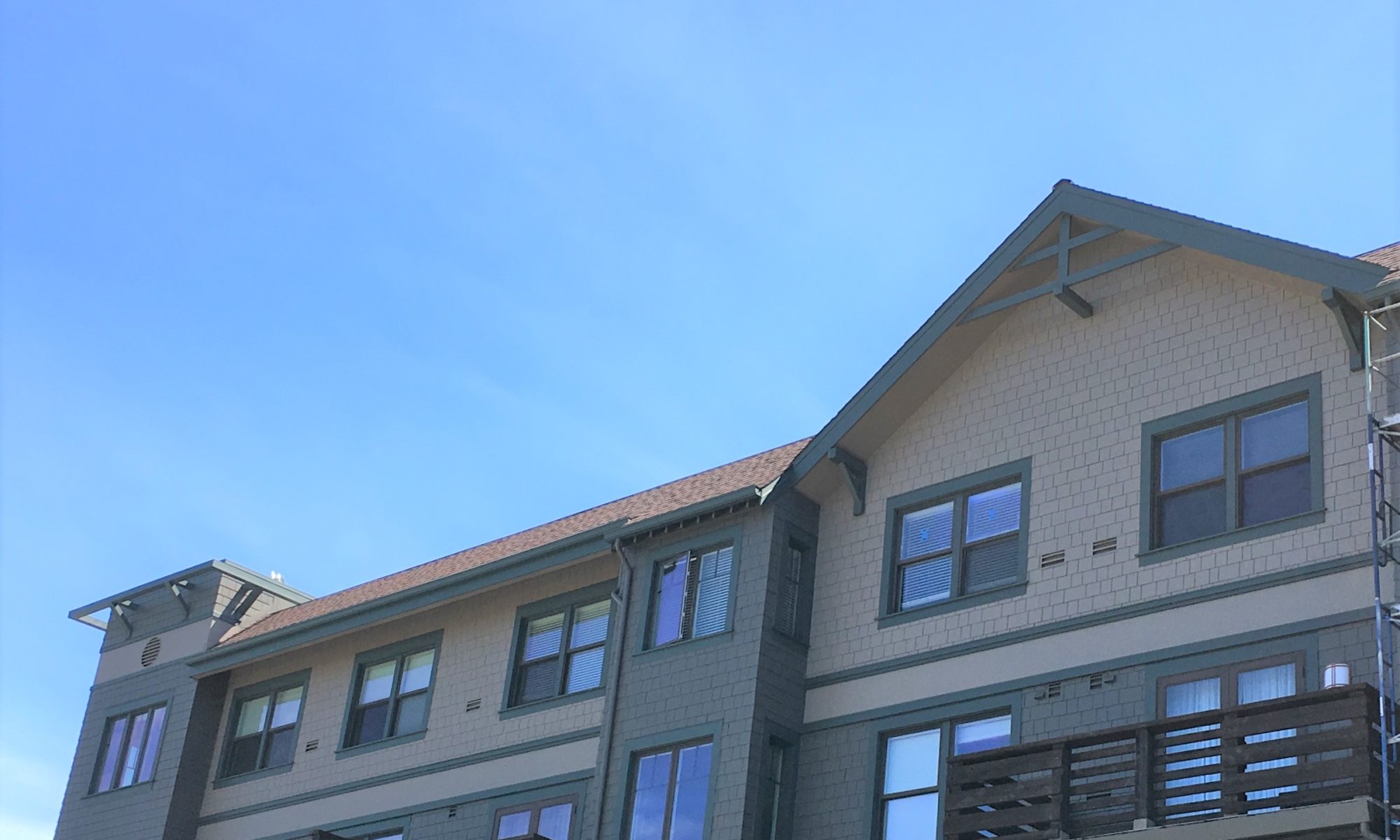Right now, rents around the country are elevating at a unstoppable pace. The ongoing battle between supply and demand is agonizing the economic upheaval. Now that employment, wages, and population are increasing landlords and property owners believe it is acceptable to uncontrollably raise rent prices. It may be the case, however, with speculative rent policies, and high perception of gentrification discriminating lower income residents to affluent municipalities makes this process intangible for equality. One side is getting the favor while the other is grappling to survive the consequences. It is indefinitely hurting the crisis and bringing injustice to existence within laws of the housing market.
Why Property Owners Require Rent
Most people may believe that rent is the occurrence to satisfy the landlord or property owner. It is, but it also reflects back to help the landlord contribute to the promises committed on the rental agreement for maintenance, mortgage, and paying “property taxes to the government” (Eberlin, 2018). These rules apply even if the landlord doesn’t live on site but is acquainted by the property owner. Does this mean they should charge higher prices? Yes, but only to limited cities that can afford it without hassle. Without a doubt this is highly obtainable for property owners to utilize, but the effect it is has on long-term renters could be devastating to survive random rent inflation without explanation. Economists and other researchers have noticed a change in rent prices during certain times of the year for long-term and short-term due to “landlords risking foreclosure” (Landes, 2012). In general, this is true because of how vacations are timed and planned throughout the year for all people.
Jerry X, a economy entrepreneur for AirBnb, drastically proves this by explaining how short-term prices and occupancy constantly “fluctuate throughout the year due to demand shifts.” Meaning, if the landlord needs more funds once school session starts to maintain the building units, prices will increase, and short-term rent availability will dwindle. It’s as if this is one of the main reasons why most communities enable uptight rent laws due to short-term renters harming “property value by not maintaining their house as well as homeowners” (Pindell, 2009, p.72).
Does Increasing Housing Rates Help or Hurt The Economy?
Throughout the rental crisis, most of the economists have agreed that the increase of housing rates is what is causing most of the affordability hardships among many citizens. This is true because of the structure of employment income being stereotyped, and renting laws not being monitored so they could target low-income families. Not only renters but also “preventing workers from moving to areas with growing job opportunities.” (Been, Ellen, O’Regan, 2017, pg.1). An example could be the rate of construction jobs being added to the economy. Yet, with housing and rental policies being subjective it automatically qualifies wealthier cities to have higher quality than deprived ones. As a result, more houses are being built while the wealthy get richer and the poor struggle more to make ends meet with little to no income support. Does this mean they should lower prices? Yes, to some extent. There needs to be a balance with supply and demand towards employment and homeownership. However, unparalleled housing properties and stagnant interest rates make this process harder to accomplish without segregation being present in municipalities.
What’s Holding Back Bringing Rates Down From Landlords?
Overall, the economic crisis would be a time for lowering rent, but not from the landlord’s perspective. Many of them believe that once the prices dwindle, they would lose on competitiveness, and welcoming lower income residents. This may be true, however, it may attract a negative belief of gentrification to prevent diversity populating in high-class cities. Should landlords consider this a reason to lower it? It depends on many factors among tenants, rent policies, and the economy. Some researchers consider raising prices economic growth due to higher consumer spending in GDP, but unaware of how this unequal trend caused a traumatic effect in segregation within the housing market.
References
Been, V., Ellen, I. G., & O’Regan, K. (2017). Supply Skepticism: Housing Supply and Affordability. Housing Policy Debate, 1-22. doi:10.1080/10511482.2018.1476899
Eberlin, E. (2018, November 21). 7 Safety and Maintenance Responsibilities of a Landlord. Retrieved from https://www.thebalancesmb.com/landlord-rental-property-responsibilities-2124989
Hegewish, Arianne, et al. “The Gender Wage Gap by Occupation 2017 and by Race and Ethnicity.” Institute for Women’s Policy Research, 9, Apr. 2018, iwpr.org/publications/gender-wage-gap-occupation-2017-race-ethnicity/.
Landes, L. (2012, August 07). Earning a Living With Rental Properties: Should You Be a Landlord? Retrieved from https://www.forbes.com/sites/moneybuilder/2012/08/06/earning-a-living-with-rental-properties-should-you-be-a-landlord/
Pindell, N. (2009). Home Sweet Home? The Efficacy of Rental Restrictions to Promote Neighborhood Stability, 29, 42-84. Retrieved March 5, 2019.
* Tables were used from citydata.com and iwpr.gov.


